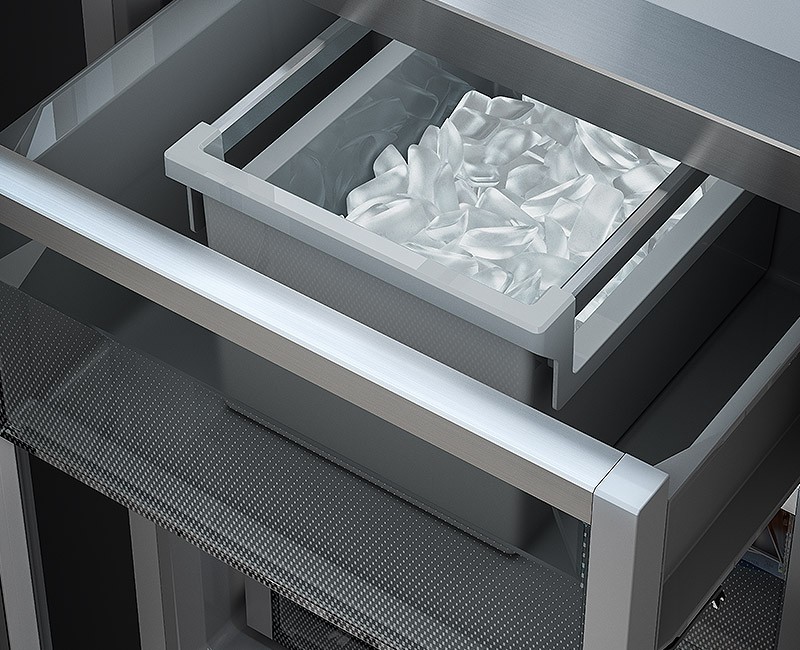
Title: Keeping Cool: The Need for Commercial Ice Makers in the Food Service Industry
Introduction: In the food service industry, ice is an essential commodity used to cool drinks, preserve perishable foods and prepare refreshing treats. Commercial ice makers play a vital role in meeting the demand for ice in restaurants, bars, cafes and other food service establishments. In this discussion, we will highlight the need for commercial ice makers and look at the different types, including modular models, attached models, and countertop models.
- Importance of Commercial Ice Makers: Commercial ice makers are essential equipment in the food service industry for several reasons:
- Beverage Service: Ice is an important component of drinks, keeping them cool and refreshing for customers. Whether it's a cold soda, iced tea or cocktail, ice enhances the flavor of drinks and adds value to menu offerings.
- Food Canning: Food service establishments use ice to preserve perishable foods such as seafood, meats, and salads by maintaining optimal temperatures during storage and transportation.
- Presentation: Ice plays an important role in the presentation of food, whether it be layering ice to serve seafood or garnishing cocktails with ice cubes or crushed ice.
- Hygiene: Commercial ice makers produce clean and hygienic ice, free of impurities and contaminants, keeping customers safe and healthy.
- Types of Commercial Ice Makers: Commercial ice makers come in different types to suit different space requirements, production capacity and operational needs. Here's an overview of three common types:
-
Modular Ice Makers: Modular ice makers are self-contained units that produce large quantities of ice and require a separate ice storage bin or dispenser. They are typically installed in back-of-house or dedicated ice chambers and are suitable for high-volume establishments with significant ice needs, such as large restaurants, hotels and banquet halls.
-
Undercounter Ice Makers: Undercounter ice makers are compact units designed to fit under countertops or bar counters, making them ideal for use in tight spaces. They combine ice production and storage into one unit, eliminating the need for a separate storage bin. Attachment ice makers are commonly used in bars, cafes and small restaurants where space is limited but a constant supply of ice is still needed.
{thirty} -
Tabletop Ice Makers: Countertop ice makers are small, portable units that sit on countertops or countertops, providing a convenient source of ice for self-service stations, beverage outlets and small businesses. They are compact, lightweight and easy to install, making them suitable for catering events, food trucks and temporary venues where mobility is required.
Conclusion: Commercial ice makers are an essential piece of equipment in the food service industry, providing a reliable source of ice for cooling beverages, preserving food, and enhancing presentation. By investing in the right type of ice making machines to suit their specific needs and space limitations, food service operators can ensure a consistent supply of clean, hygienic ice to meet their customers' needs. Whether it's a modular ice maker for a large capacity restaurant or a countertop ice maker for a mobile food service establishment, ice makers play a vital role in keeping food and beverages cold and customer satisfaction.






